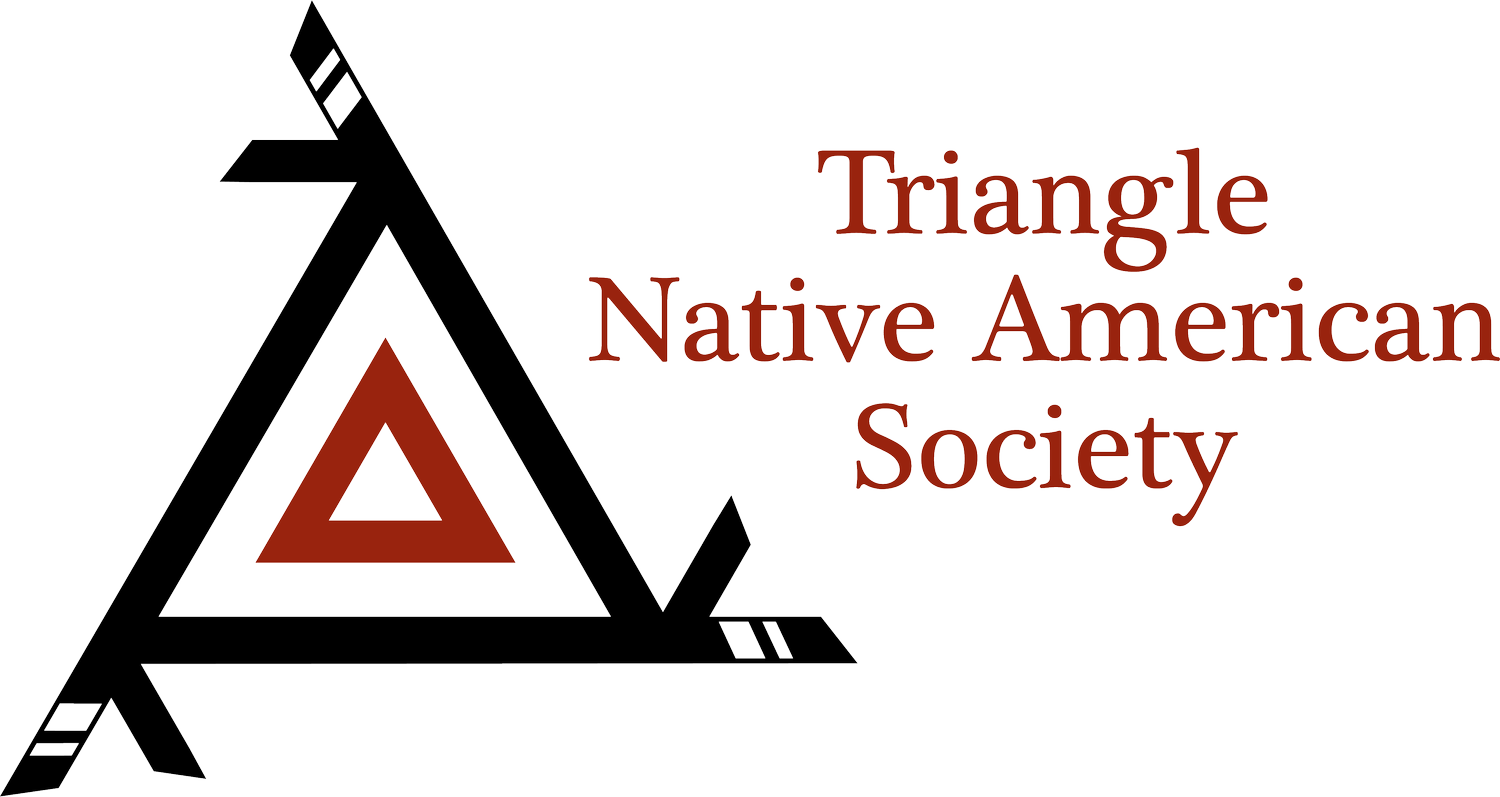
Healthy Native North Carolinians
Triangle Native American Society is one of thirteen community partners funded through the Healthy Native North Carolinians Network (HNNC). The HNNC facilitates sustainable community changes around healthy eating and active living within North Carolina’s tribes and urban Indian organizations by leveraging common goals and resources. Since 2011, HNNC has created a successful model for developing organizational capacity, tribal self-determination, and intertribal collaborations.
The HNNC capacity-building grant is administered by the UNC American Indian Center and generously supported by the Kate B. Reynolds Charitable Trust.
There are 3 key components of HNNC:
Support for Self-Determined Action Plans
Financial support for self-determined initiatives enables communities to create and administer the change they wish to see in their communities. Self- determined activities have included the creation of community gardens, walking trails, annual 5Ks, farmers markets, fruits and vegetable powwow concessions, and more.
Capacity-Building Consultations and Workshops
The American Indian Center provides tailored technical assistance to Native community leaders in the development, implementation, and evaluation of action plans and budgets to promote sustainable community change. Capacity-building workshops and webinars are provided around community interests, needs, and goals.
Cross-Community Collaborations
Participants are encouraged to share their stories, challenges, cultures, and successes at annual capacity building workshops and by visiting other communities to learn and share with one another.
HNNC Community Partners
Coharie Indian Tribe
Cumberland County Association for Indian People
Eastern Band of Cherokee Indians
Guilford Native American Association
Haliwa-Saponi Indian Tribe
Lumbee Tribe of North Carolina
Meherrin Indian Nation
Metrolina Native American Association
Occaneechi Band of the Saponi Nation
Sappony
Triangle Native American Society
Waccamaw Siouan Tribe
Catawba Indian Nation (South Carolina)
For more information visit: http://americanindianhealthyeating.unc.edu/healthy-native-north-carolinians-2/
TNAS HNNC Supported Initiatives
TNAS developed a native plants community garden and an aquaponic educational garden, which are both being utilized and enjoyed by the community. The TNAS gardens are cared for in collaboration with the Wake County Title VII Indian Education program, with an educational emphasis on a holistic blend of indigenous cultural preservation, science, nutrition, and physical activity. The community has also developed a presentation to share their journey through the planning and development of their community and aquaponic gardens. Additionally, as an ongoing project, the community is compiling lists of seeds and plants used (or to be used in the garden for future generations) and includes indigenous knowledge of uses for each plant as cultural education and preservation. In addition, TNAS is integrating efforts around the garden to promote the preparation and consumption of healthier food and beverage choices. TNAS has also purchased outdoor games and sporting equipment to integrate active options into their community events and encourage more individual and family physical activity among its members.
